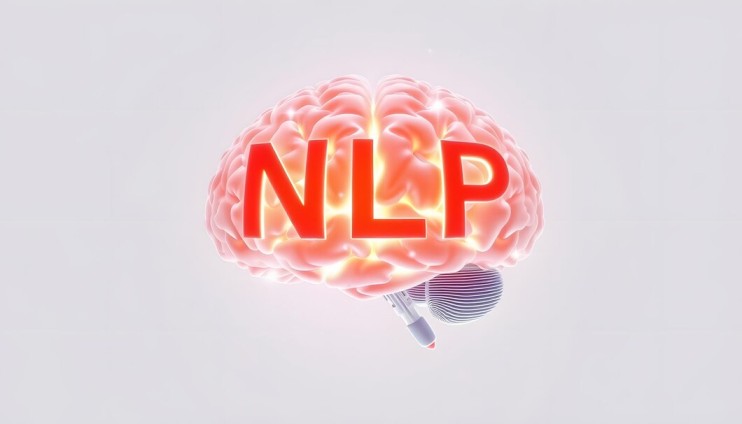Definition:
Natural Language Processing (NLP) is a field within artificial intelligence that focuses on the interaction between computers and human (natural) languages. It aims to enable machines to understand, interpret, and generate human language in a meaningful way.
Key Concepts:
- Tokenization: The process of breaking down text into smaller units like words or phrases, making it easier for machines to analyze.
- Sentiment Analysis: A technique used to determine the emotional tone behind a body of text, useful for understanding customer opinions and feedback.
- Named Entity Recognition (NER): A method to identify and categorize key information in text, such as names of people, organizations, or locations.
- Language Modeling: Predicts the next word in a sentence based on the context of previous words, used in applications like text generation and auto-complete.
- Machine Translation: The automatic translation of text or speech from one language to another, as seen in services like Google Translate.
Applications:
NLP is widely used across various industries:
- Customer Service: Chatbots and virtual assistants like Siri and Alexa use NLP to understand user queries.
- Healthcare: Analyzing patient records and research papers to extract relevant medical information.
- Finance: Automating sentiment analysis of financial news and social media to gauge market trends.
- Marketing: Analyzing customer feedback and reviews for brand sentiment analysis.
Benefits:
NLP enhances the ability of systems to understand and process large volumes of text data, improving human-computer interaction. It enables more accurate data analysis, better customer experiences, and streamlined business processes.
Challenges:
NLP faces challenges like language ambiguity, slang, and regional dialects. It requires large datasets for training and can struggle with nuances in language, sarcasm, and cultural differences. Privacy concerns also arise when analyzing personal communication.
Future Outlook:
The future of NLP includes advancements in context-aware systems and improved language understanding. Trends such as multilingual models, zero-shot learning (where systems can understand new languages without additional training), and ethical NLP are set to shape the field.

